Professor Alison Walker and COP26

Professor Alison Walker wants to see renewables centre stage at COP26, and for leaders to listen to the demands of young people.
Academic experts tell us what they'd like to see achieved at the crucial COP26 conference.

Professor Alison Walker wants to see renewables centre stage at COP26, and for leaders to listen to the demands of young people.
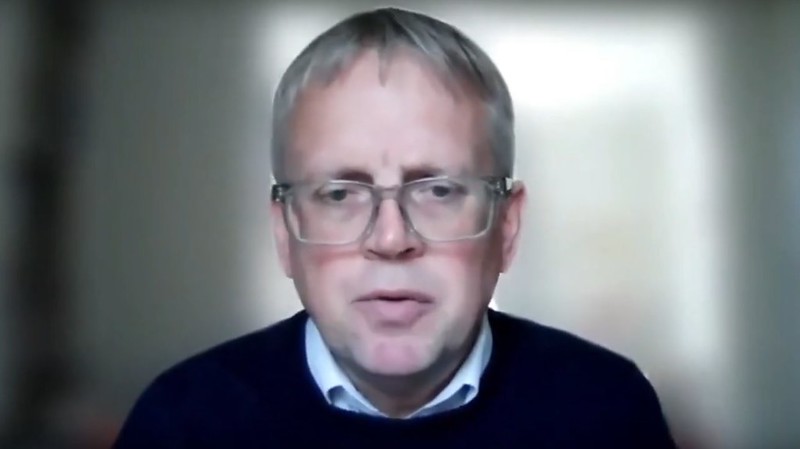
Professor Nick Pearce, Director of the Institute for Policy Research, on how COP26 must see the completion of contributions from countries to enable 1.5°C.

Professor Lorraine Whitmarsh on her hopes that strong actions to cut carbon emissions will result from COP26.
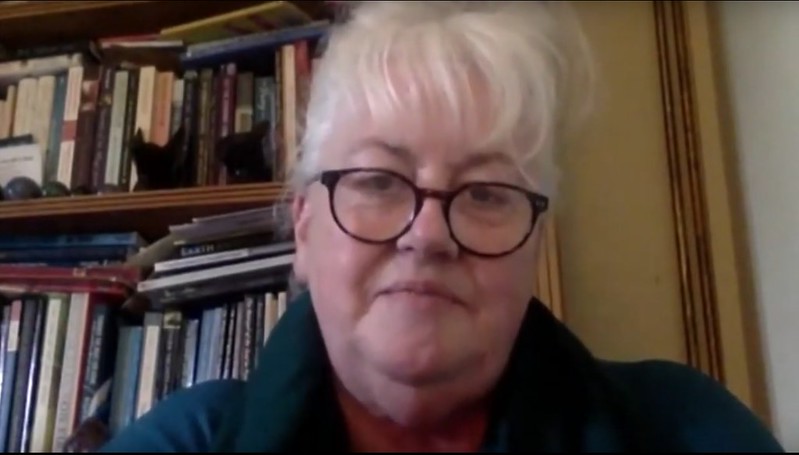
Caroline Hickman speaks on the importance of listening to and acting upon children and young people's voices at COP26.
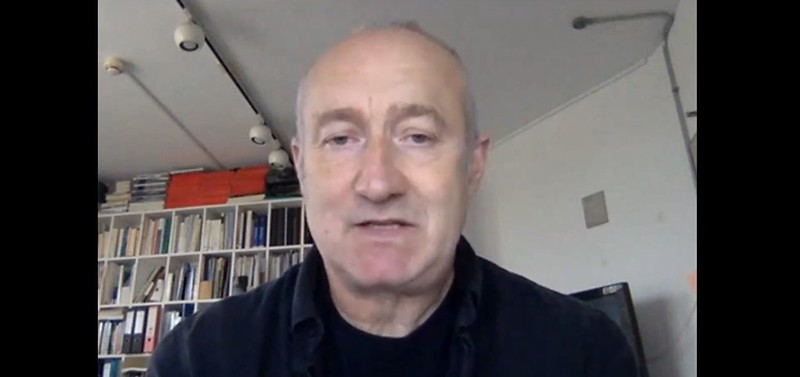
Professor Pete Walker speaks about his hopes that Western nations that their historic actions have greatly contributed to the climate crisis.
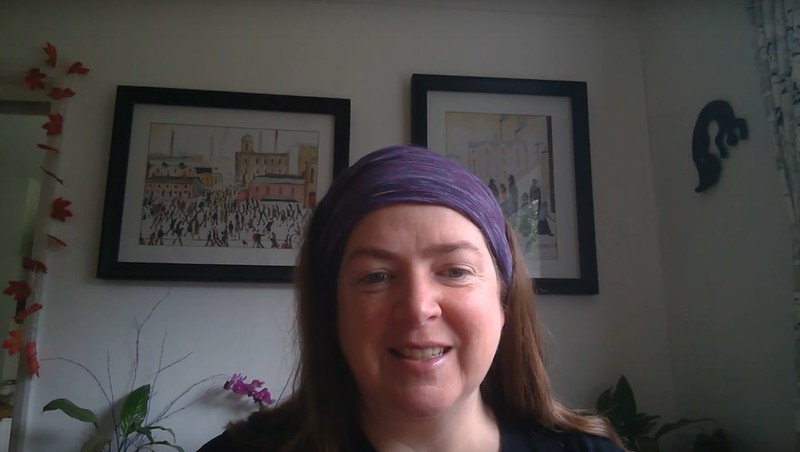
Marcelle McManus, Professor in Energy & Environmental Engineering and Co-Director of CSCT on her hopes for COP26 and how we can challenge industries to improve.
Across the University our scientists and researchers are addressing climate change in all sorts of ways. Here you can find some of our most recent climate change-related research.

Environmental psychologist, Lorraine Whitmarsh, was one of the lead authors for today's climate report from the Academy of Medical Sciences and Royal Society.

Largest scientific study of its kind finds climate anxiety affects the daily life and functioning of nearly half of children and young people surveyed globally.
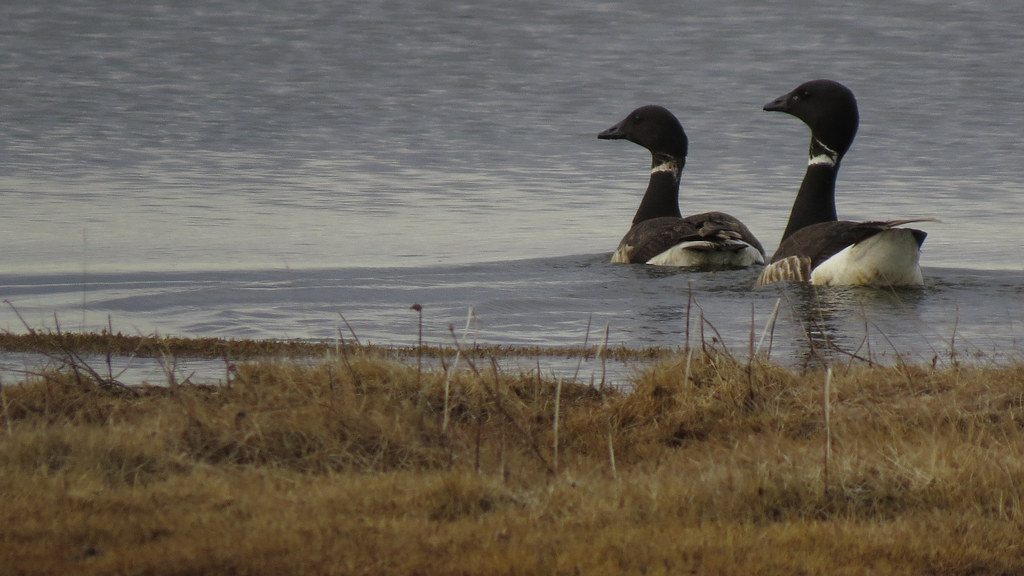
Researchers have found that the benefits of migration have been eroded by the effects of climate change and human pressure.
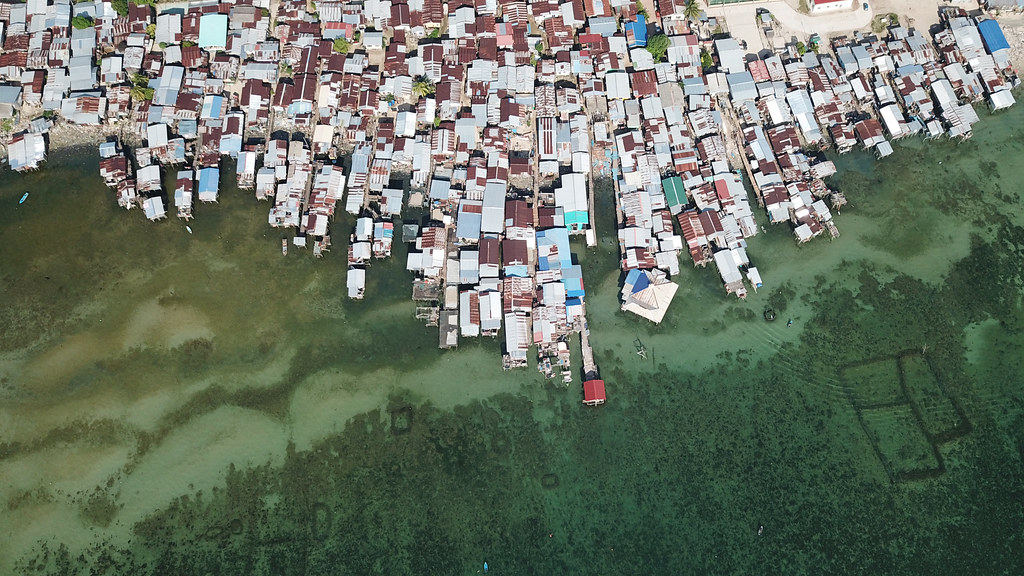
A new report contributed to by Bath's Dr Hunt suggests adaptation costs in developing countries could be five to ten times greater than current finance flows.

The new briefing from the COP26 Universities Network sets out how both public and private climate finance can be accelerated at COP26 and beyond.

SynHiSel project to investigate how to improve membrane efficiency could save 100m tonnes in CO2 emissions and £3.5 billion in energy costs worldwide.
As well as the research we do into understanding and tackling the climate emergency, the University as an institution is working to bring our emissions to net zero.

From 2023, sustainable chemistry will be taught to all chemistry students as part of their core studies.
11 Climate Action Framework Principles will guide how the University conducts business.
More than 5,000 new students will have the opportunity to learn about Carbon Literacy as part of University induction in UK first.
Grants of up to £1K are available to help our community reduce carbon emissions on campus.
The University successfully hit a decade-long target for emissions reduction
The film features youth voices from around the world on climate and will be shown in the Green Zone at COP26. It was produced by students, the University of Bath Institute for Policy Research (IPR) and Cambridge Zero, in partnership with GAUC.

ActNowFilm, a film of youth voices from around the world on climate, will be shown in the Green Zone at COP26 in November.

IPR Head of Policy Programmes and Communications, Amy Thompson, shares her experience of producing ActNowFilm and amplifying youth voices at COP26.

A youth voices film produced by the Institute for Policy Research (IPR) and Cambridge Zero and supported by the UK Universities Climate Network (UUCN).
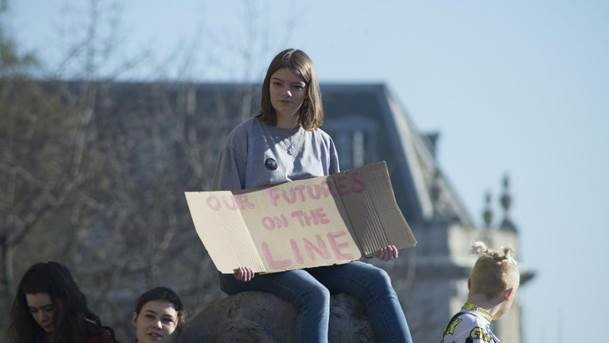
A film produced by students, Bath’s Institute for Policy Research and Cambridge Zero will be screened at COP26 on the penultimate day of talks.
During COP26 the Institute for Policy Research (IPR) has commissioned a series of blogs from experts in a range of areas relating to climate change, giving their insights into the challenges and opportunities addressed at this crucial conference.

Blog: Professor Ania Zalewska examines the investment required to transform our energy sector, the 'cost of capital', and the impact of regulation.

Blog: Lorraine Whitmarsh discusses her visit to COP26 and how the summit is a key opportunity to engage the public with climate change.

Blog: Professor David Coley looks at the future of heatwaves, highlighting the potential danger ahead and what discussions should be had at COP26 and beyond.

Blog: Katharine Lee discusses climate change education and why it should be taught across the curriculum, not just Geography and Science.

Blog: Dr Steve Cayzer, Hannah Hogarth, Eliane Bastos and Elsa Swetenham discuss the University of Bath's Climate Action Framework and Climate Literacy training.